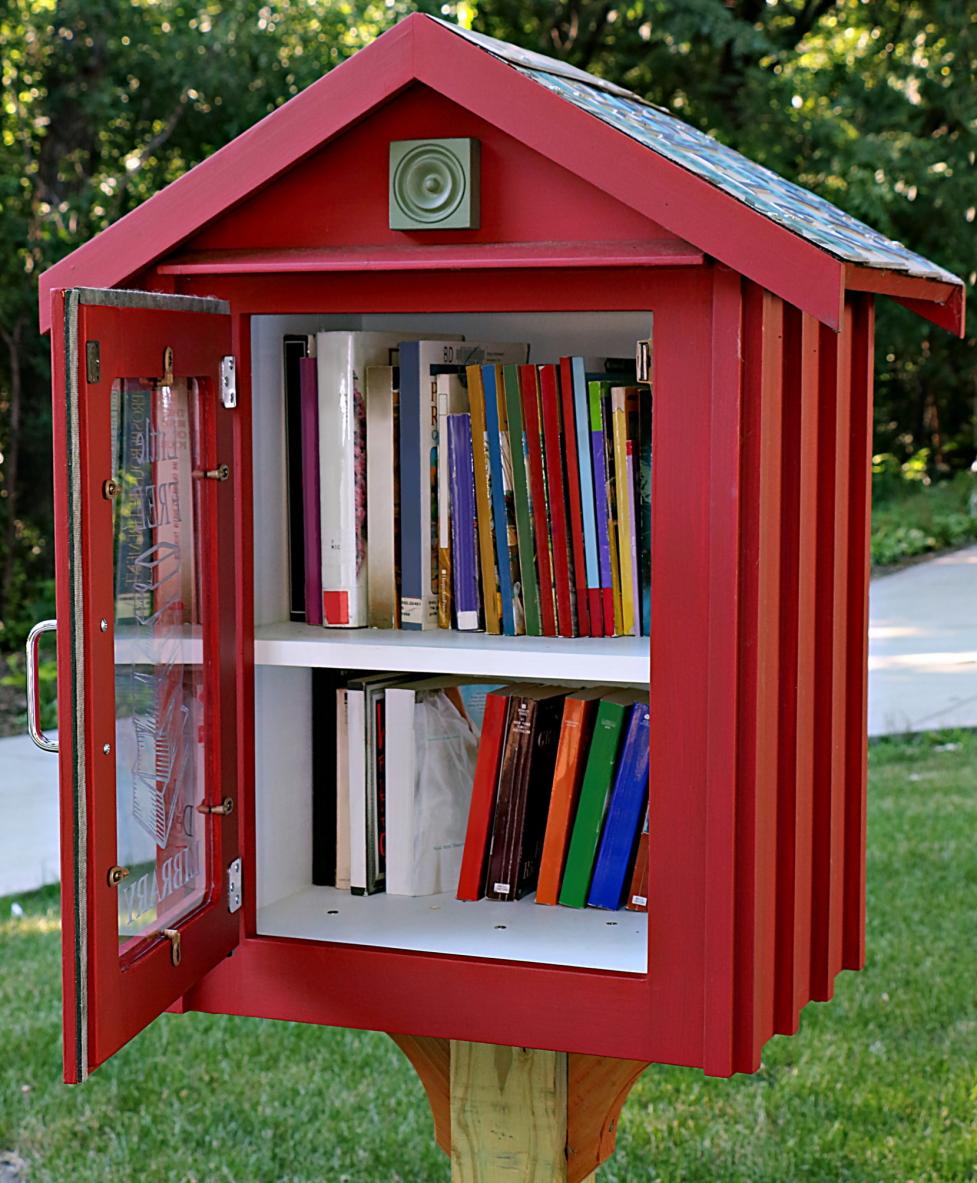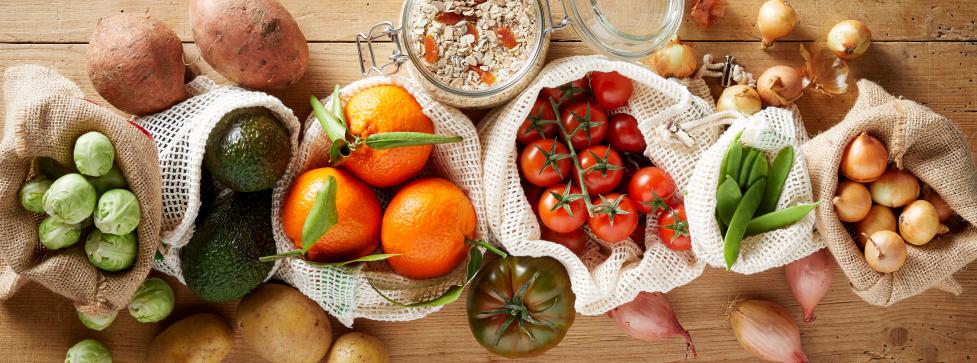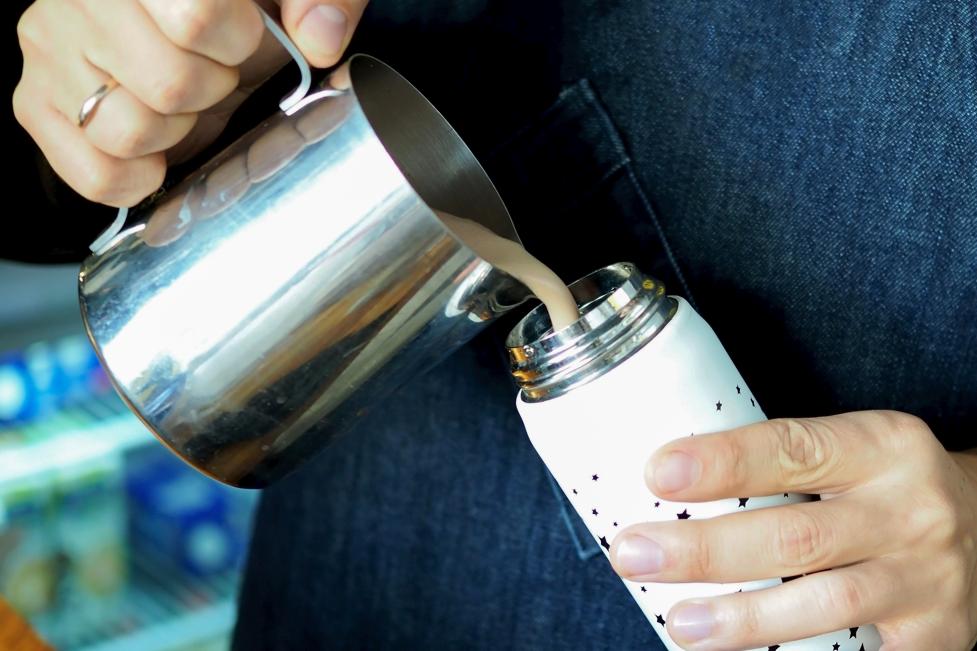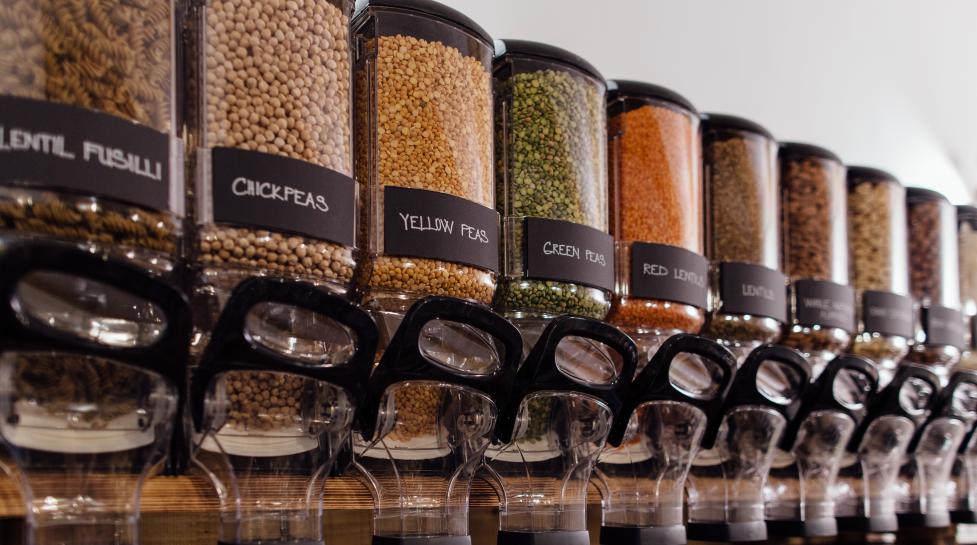12 ways to reduce and reuse common items.
Individual Action Matters
The most affordable and effective way to keep waste out of the landfill is to avoid creating it in the first place. To this end, the city aims to grow a more circular economy that focuses on the reuse and repair of an increasing number of items.
Individual action is the backbone for societal impact and systemic change. By reducing how much each of us buys new and reusing materials as much as possible, we collectively save energy, natural resources and money.
Together, we can achieve our goal of 85% waste diversion by 2025 and shift toward a more circular economy.
Wondering what we mean by circular economy?
Explore Circular Boulder to learn more about circularity in our city.
Twelve ways to reduce and reuse on a daily basis:
- Practice zero waste dining by ordering takeout in reusable containers.
- Reduce your food waste by planning weekly meals, buying only what you need, and donating unused food to local food banks.
- Borrow, share and rent items when possible. Borrow a book or movie from the library or swap clothes with a friend. Rent tools from the Tool Library at Resource Central.

- Repurpose worn out items by turning them into fun, creative projects. An old shirt could be transformed into a reusable bag, quilt or cleaning rags.
- Repair items with life left. Check out Boulder U-Fix-It Clinic events for repair trainings.
- Try to cut down on plastic purchases at the grocery store by shopping in their bulk section or by choosing loose items over those wrapped in plastic. Can't find unpackaged options? Opt for items packaged in aluminum or glass. Unlike plastics, aluminum and glass are infinitely recyclable.
- If your favorite grocery store does not have a bulk section, let them know that reducing packaging and buying in bulk is important to you.

Learn how to repair your bike by attending a local workshop.
-
Bring reusable containers to grocery stores for produce and bulk purchases, and to restaurants for leftovers.
-
Glass jars, cloth bags and plastic containers are great vessels for bulk and produce purchases at your local grocery store, and they reduce the amount of material sent to the recycling center.
-
Instead of reaching for single-use plastic and compostable produce bags, bring your own reusable cotton bags.

Replace plastic produce bags for reusable cloth and mesh bags.
Shop for used clothes, shoes, furniture and other items from thrift stores, garage sales, flea markets and consignment shops.
Donate gently-used items to secondhand stores.
Bring reusable bags whenever you shop. This helps keep disposable plastic bags out of the landfill, conserves water and energy required to produce paper bags, and saves you 10 cents per bag at local grocery stores.
- Carry reusable water bottles and coffee mugs when you are on the go.
- Look for products made with recycled materials. These products help create a market for our recyclables – allowing them to circulate in our economy.

Bring a reusable coffee container when visiting your local coffee shop.
